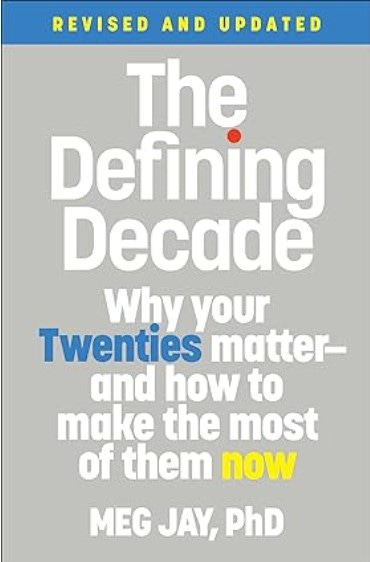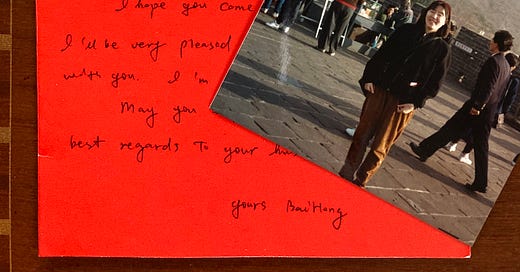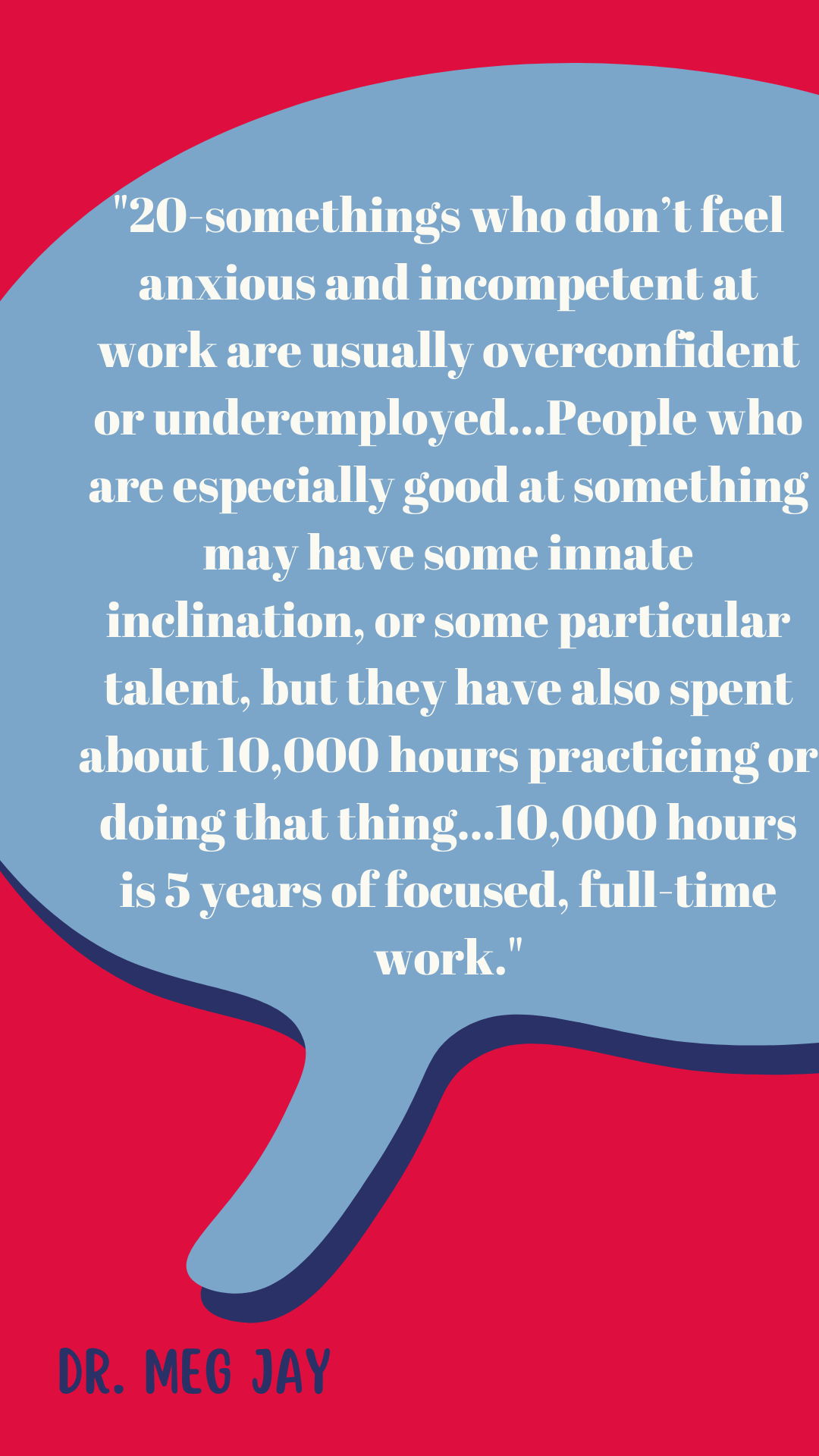Once upon a time, the pharmaceutical company I worked for sent me to China. It seemed a little improbable that Wyeth would send a 27-year-old market research analyst who didn’t speak the language there on its behalf. But with 21 million babies born annually, they wanted to assess what seemed to be a very attractive market for baby formula.
One of the best things about traveling for Wyeth was that, without fail, the local employees were extremely hospitable to the people visiting from headquarters. They even went out of their way to ensure you had a chance to play tourist while you were there.
While I was in Beijing, Bai Hang, a young employee from Wyeth China, gave up her Saturday to accompany me to the Great Wall and the Ming Tombs. She was an excellent companion–so happy to show me around and practice her outstanding English language skills, and we had an enjoyable day together.
On my trips for Wyeth, I always traveled with a box of blank thank-you notes in my briefcase because I always had plenty of notes to write on the flight home. The thank-you notes were some of the easiest ones I ever wrote because I always felt such a deep sense of gratitude to the people who went out of their way, either in significant ways or with small gestures, to make me feel welcome.
Sometimes my new friends wrote back to me. When looking through my photo albums recently, I came across the thank-you note I received from Bai. It’s funny that so many years later, I don’t remember much about what the Ming Tombs were like, but I still recall how delightful it was to spend that day with Bai.
How cool was it that she had taken the time to write to me to let me know how much she had appreciated the day we spent together? And even though that note is now 30 years old, it had the power to help me experience again the gratitude I felt for Bai having given up her Saturday to ensure that a young American would return home with warm memories of her time in China.
I know I didn’t have to tell you that you should always send thank-you notes because your mom probably hammered that idea into your head long ago. But I wanted to let you know that thank-you notes have value beyond being a social nicety–expressing gratitude is good for you too.
I find that getting a handwritten thank-you note in the mail is a surefire pick-me-up. In fact, I enshrine every thank-you note I receive in our glass-front kitchen cabinet for a few weeks so that the expressed gratitude receives the honor it deserves.
I’ve learned over time that gratitude doesn’t just bless the person on the receiving end; it also benefits the person who expresses it.
In fact, if you ever find yourself on a run where you’re complaining frequently about all things great and small, gratitude may be just what you need to bring yourself back into alignment.
You see, it isn’t so much that we hit stretches of life totally devoid of things to be grateful for; rather, it’s that we fail to notice all the things around us every day that we have to be thankful for. Like the media, we tend to zero in on what’s not going as it should. But life should be filled with more than just focusing on what’s gone wrong.
In some ways, developing a habit of gratitude is like having a pair of magic glasses. On any given day, if you sit and collect yourself for a few minutes and consider what it is you have to be thankful for, often you’ll be surprised by what you’ve nearly overlooked.
Maybe that’s why Ignatius of Loyola recommended a daily spiritual practice called an Examen, part of which requires looking back on your day to identify moments you are grateful for.
Many have discovered that Ignatius was on to something. As Ricardo da Silva, S.J., has written, “When I look beyond my hurts, disappointments, and pains and open a space for gratitude within myself, I can escape the malaise that renders me helpless, fuels blame of others, and leads me to wallow in ungrateful self-pity. In these rare moments, I can break out in a litany of gratitude for the graces and joys I’ve received, despite ever-present struggles.”
So, Mom was right–you should always write thank-you notes for gifts received and kindness extended. And even better, get into the daily habit of recognizing the gifts received every day–both big and small. Gratitude benefits everyone.

Dr. Meg Jay says that for work success to lead to confidence, a job has to be challenging and require effort. And it cannot go well every single day. According to Jay, a long run of easy successes creates a sort of fragile confidence, the kind that is shattered when the first failure comes along. A more resilient confidence comes from succeeding–and from surviving some failures.
According to Jay, “Confidence doesn’t come from the inside out. It comes from the outside in. People feel less anxious–and more confident–on the inside when they can point to things they have done well on the outside.” She says that real confidence comes from mastery experiences–actual, lived moments of success, especially when things seem difficult. Jay says, “Whether we are talking about love or work, the confidence that overrides insecurity comes from experience. There is no other way.”
In the olden days, moms used to clip newspaper articles for their kids if they thought it was something they needed to know. I’m watching for things you might have missed that may be helpful to you.
This week’s clips:
What if your friend invites you to brunch and you can’t swing the $30 right now? Or what if someone wants to split the bill evenly, even though you’ve consumed considerably less than they have? Erin Lowry addresses how to tackle these awkward money situations in this 3-minute video.
Author David Brooks has studied how to make other people feel more seen and heard. He shared tips for how to interact with people who have a different viewpoint than we do.
Does it matter if you love your job? Robert Rose explains the difference between being passionate about your job and loving what you do. (He’s addressing content marketers, but the principles apply to other fields too.)







